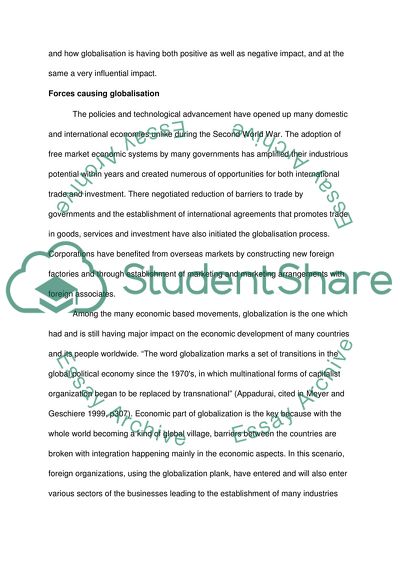Cite this document
(Globalizations Impact On The Environment Case Study, n.d.)
Globalizations Impact On The Environment Case Study. Retrieved from https://studentshare.org/environmental-studies/1731132-compare-and-contrast-orthodox-and-radical-theories-of-globalisation
Globalizations Impact On The Environment Case Study. Retrieved from https://studentshare.org/environmental-studies/1731132-compare-and-contrast-orthodox-and-radical-theories-of-globalisation
(Globalizations Impact On The Environment Case Study)
Globalizations Impact On The Environment Case Study. https://studentshare.org/environmental-studies/1731132-compare-and-contrast-orthodox-and-radical-theories-of-globalisation.
Globalizations Impact On The Environment Case Study. https://studentshare.org/environmental-studies/1731132-compare-and-contrast-orthodox-and-radical-theories-of-globalisation.
“Globalizations Impact On The Environment Case Study”, n.d. https://studentshare.org/environmental-studies/1731132-compare-and-contrast-orthodox-and-radical-theories-of-globalisation.


